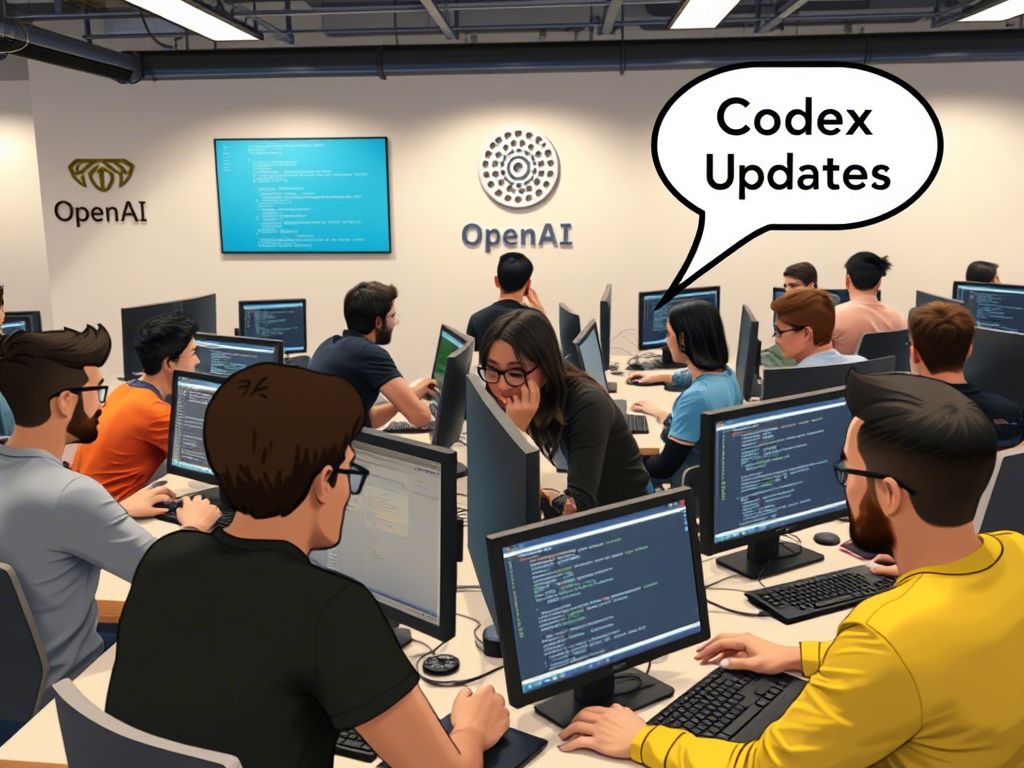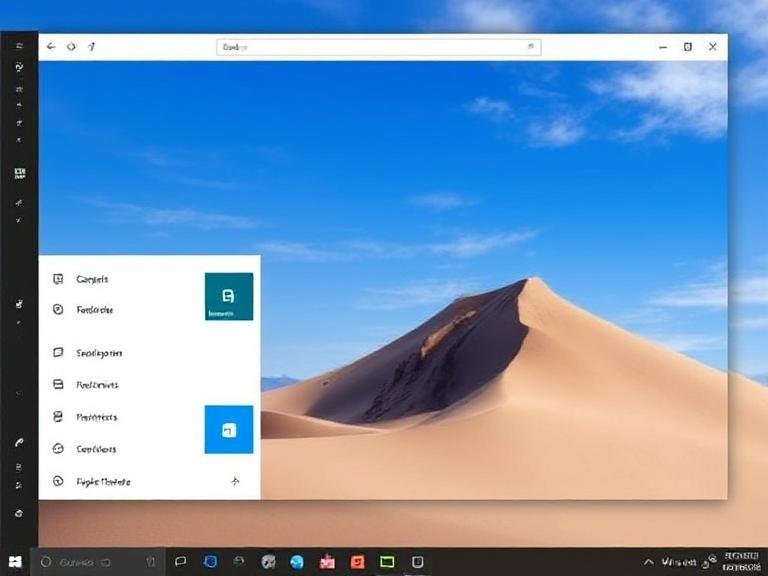
OpenAI Advances AI Coding and Voice Capabilities with New Tool Upgrades
While millions of users interact daily with ChatGPT for a wide range of tasks, OpenAI continues to focus on empowering developers who are building next-generation AI applications. Known for its cutting-edge models and robust developer tooling, OpenAI has become a go-to platform for engineers and product teams looking to integrate advanced AI into their workflows.
Today, the company unveiled two major updates aimed at enhancing productivity and expanding the capabilities of AI-powered development and voice-based systems.
💻 Codex Gets Expanded Access and New Features
OpenAI is now extending access to Codex , its powerful code-generating model, to ChatGPT Plus subscribers . For a limited time, these users will enjoy generous usage quotas, although rate limits may be applied during periods of high demand.
One of the most anticipated features in this update is internet connectivity for Codex environments . This allows the model to install dependencies, upgrade packages, run tests requiring external resources, and more. Internet access is disabled by default but can be enabled selectively, with granular control over allowed domains.
This feature is currently available to ChatGPT Plus, Pro, and Teams users , with plans to roll it out to Enterprise customers soon.
In addition, developers can now:
- Update existing pull requests directly within Codex.
- Use voice commands to dictate tasks to the model — a major step toward hands-free coding.
-
📦 Additional Improvements to Codex
OpenAI also shared a list of key enhancements made in this release:
- ✅ Support for binary files : Full file operations are now supported when applying patches; deleting and renaming are supported in pull requests.
- ✅ Improved error handling : More descriptive error messages for setup scripts.
- ✅ Increased task diff size limit : Raised from 1 MB to 5 MB.
- ✅ Extended script execution time : Setup scripts can now run up to 10 minutes (previously 5 minutes).
- ✅ Enhanced GitHub integration : Streamlined connection workflow for better user experience.
- ✅ Live Activities restored on iOS : After resolving notification issues.
- ✅ Removed mandatory 2FA for users logging in via SSO or social platforms.
🎤 Voice Agents Get Powerful SDK and Model Enhancements
Beyond Codex, OpenAI announced significant upgrades to its Voice Agents ecosystem .
The Agents SDK is now available in TypeScript , offering enhanced support for core agent functionalities such as:
- 🔄 Handoffs between agents and humans
- 🛡️ Guardrails enforcement
- 🧭 Tracing and monitoring
- 📡 MCP protocol integration
- ✅ Human-in-the-loop approvals
Developers can now pause tool executions, serialize and store agent states, review and approve or reject specific actions, then resume agent runs seamlessly.
🗣️ Updated Speech-to-Speech Model
OpenAI also released an improved speech-to-speech model , featuring:
- 🎯 Better instruction-following reliability
- 🔄 Enhanced consistency in tool calling
- ⏸️ Improved interruption handling during conversations
Additionally, developers can now adjust the speaking speed dynamically per session — offering greater customization for voice-based interfaces.
These updates are accessible via:
gpt-4o-realtime-preview-2025-06-03in the Realtime APIgpt-4o-audio-preview-2025-06-03in the Chat Completions API
📊 Traces Dashboard Now Supports Realtime Sessions
To improve observability and debugging, the Traces dashboard now includes full support for Realtime API sessions . Developers can visualize:
- 🔊 Audio input/output
- ⚙️ Tool invocations
- ⏸️ Interruptions and pauses
This gives developers deeper insight into how voice agents operate in real-time scenarios.
🚀 Final Thoughts
With these latest updates, OpenAI is reinforcing its commitment to providing developers with powerful, flexible, and secure tools for building the next generation of AI-driven applications — whether through intelligent code generation or conversational voice agents.
Whether you’re a developer using Codex for complex software engineering tasks or building immersive voice experiences, OpenAI’s new tools open the door to more efficient and scalable AI integration.





